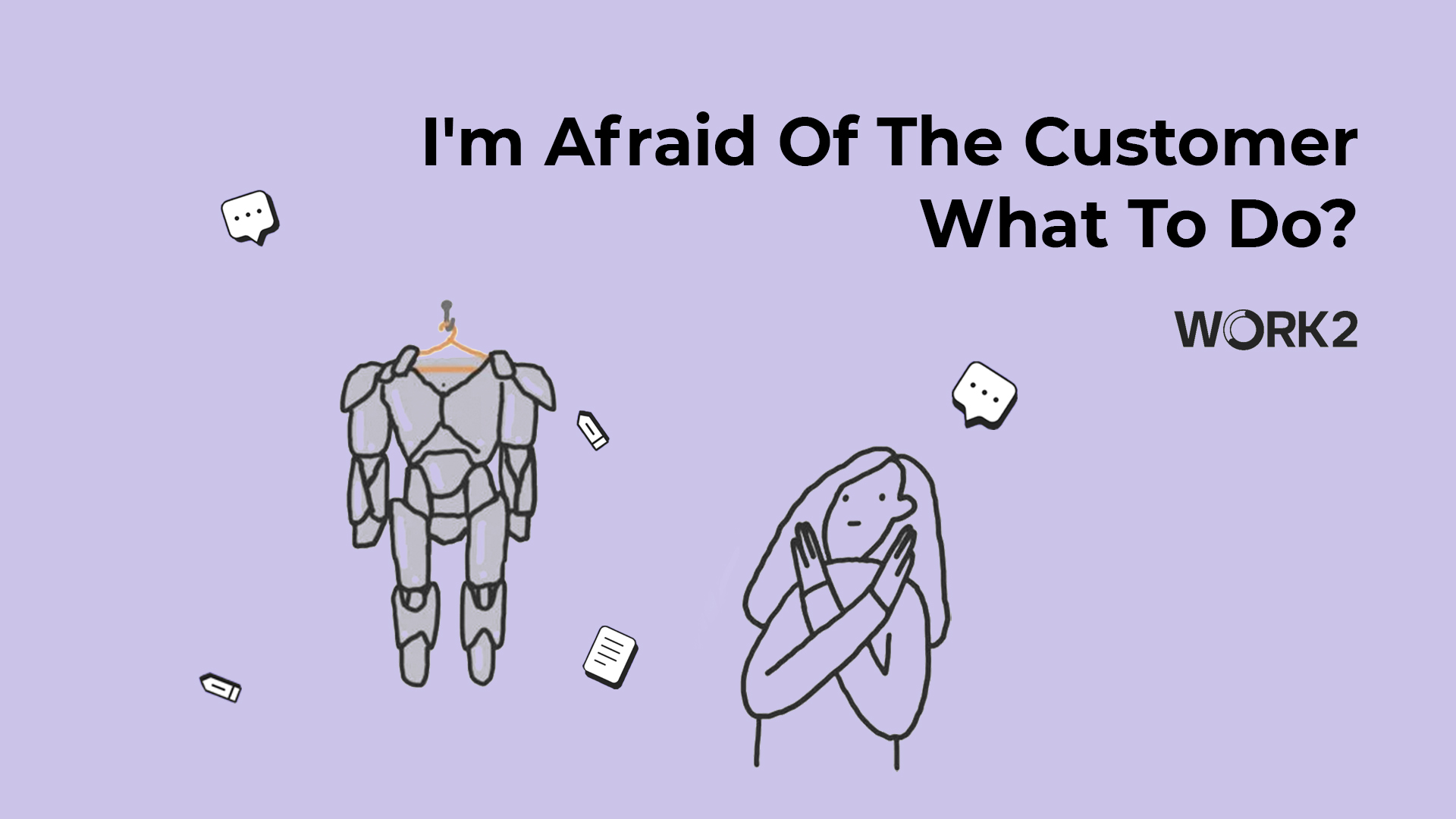Therefore, Mark no longer works in the SMM.
Mistake 1. Fear of a pause in a conversation
Mark gets nervous as soon as the conversation stops. In my head, Mark is like this: the client is silent – so he did not understand the question and it needs to be reformulated. Or offer your answer. Or change the subject. Anything but this silence.
In fact, the client needs to think. If you deprive him of this opportunity, you will be left without important information for you.
Mistake 2. Asking multiple questions in a row Well, no. It's no good at all. Mark thinks the client is more comfortable this way. If there are a lot of questions, then the client will build the answer the way he needs. Without tension.
And the client answered only a part of them. Mark missed it and didn't get all the information he needed.
Mistake 3. Ask a question and answer it yourself
Mark is a smart guy. And he also liked to show the interlocutor that he understands working with clients. He knows how everything works from the inside.
But some companies have specifics. They may have different business processes, suppliers, payment schemes, management approaches. Why convince Mark when he is in the heat and speaks so confidently?
Mistake 4. Interrupting the interlocutor's answer with a new question
Mark is counting every second. Therefore, he asks a new question as soon as he decided that he understood the essence of the answer to the previous one. In a short conversation, you need to do as much as possible!
Naturally, the interlocutor was annoyed by this. This is an interrogation, not a clarification of details.
Mistake 5. Closed questions
Mark noticed that if you ask a client open-ended questions, they go into some incomprehensible wilds. The result is little useful information. As if it would be much more effective to hit on specifics.
It was the only way Mark got even less information. The closed question is formulated based on what Mark already knows. And the open question is the opportunity to get new information.
When Mark first started working at the SMM, he was afraid of clients. And what if they don't give you an order? Or will they not accept the job at all? What if they think I'm not a professional? And they won't pay at all? This was reflected in the behavior, customers treated him condescendingly.
And then Mark realized that an unsuccessful meeting is not the end of the world. That the world will not collapse if Mark suddenly does not get all the necessary information at once; that conversations can be wrapped up from the other side, and mistakes can be corrected. This gave him a calm attitude to his own failures, and as a result there were fewer of them.
